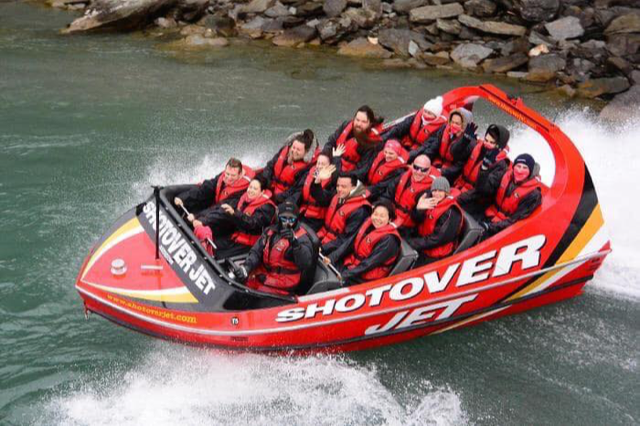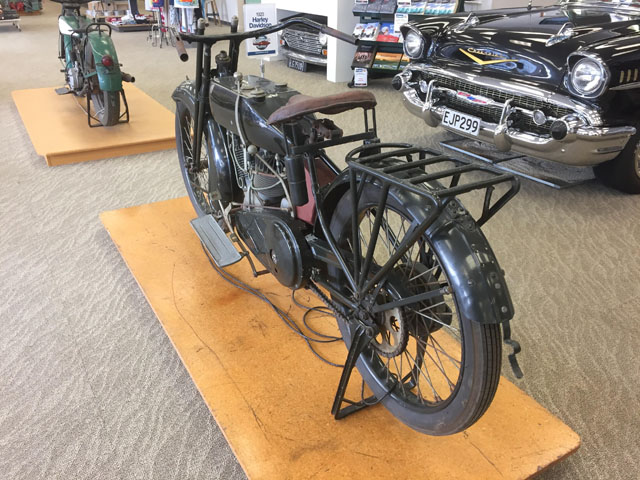
It was way back in 1989 and I was once again visiting the US and was being hosted by my friend Nelson Cook the founder of Coaches of Influence, a ministry to coaches: professional, college and high school.
The purpose of this trip was attending another Pro Athletes Outreach conference for professional athletes (in this case baseballers) and their wives. Over a number of years I attended several of these conferences.
I was on my way home from Florida where this particular PAO conference had been held and as a treat to this Aussie so far from the land down under, that he delighted in treating me to dinner at the The Outback.
This was a chain of restaurants supposedly Australian, their speciality was huge steaks and veggies piled high (as in many rural NSW country town main street cafe's) and of course, the Paul Hogan special, shrimp on the barbie.
So it was, Nelson Cook had booked, he had a smile from ear to ear and sought that I would feel right at home. What surprised me was that with every meal, regardless of what one ordered, everyone was served an enormous well cooked onion, as the mainstay of the Australia diet.
This amused me no end, as I'd never seen such a beast served anywhere in Australia -
- as a former train driver, I had travelled extensively to many railway country towns,
- as a representative hockey player and later hockey correspondent, travelling to many Australian places,
- and as chaplain to the Australian cricket team, to many a luxurious hotel .
In this Los Angeles Outback restaurant it was a first to me – yet as I gleaned conversations around the restaurant, here were the locals all humming about the tastiness of these huge mammoth cooked soft onions and chatting about how the Aussies eat them for breakfast, lunch and dinner.
I was a little amused by all of this. But it was the great Aussie tourism advertising blitz that had created such interest and the Outback was just one of quite a number of entrepreneurs cashing on it all.
Who could forget the publicity associated with the Australian meat pie shops in both LA and New York, or the Kylie Minogue Blue shops selling everything and the interest this created here in Australia. This was big, very big. Australia was in vogue. It was the marketers paradise.
So it was with interest, all these years later, when I recently read in the New Zealand Herald that the flat white coffee was now being promoted and sold in America.

Aust / NZ
I somehow recall reading in the New Zealand Herald something about the Kiwi flat white coffee. The marvel of this Kiwi staple diet, the flat white coffee and it's being unleashed on the United States. Coffee giant Starbucks introduce the mighty flat white to Americans.
This multinational cafe chain describes the beverage on its website as "expertly steamed whole milk poured over two shots of espresso, topped with microfoam swirled into beautiful latte art".
The drink is believed to have originated in Sydney in the 1980s but just like pavlova, Phar Lap and Crowded House, there has been some argument over who really owns it. There are New Zealand roasters who argue the flat white, as we now know it, was actually developed to its modern form in Wellington later that decade.
There you have it
Even in America the Aussies and the Kiwis are in dispute. You can join the Flat White to Rugby, Netball, Hockey, Olympics Water Sports, Tourism ..... plus the stupidity of not having a domestic airline situation between the Australia and New Zealand.
This Starbucks' move with the Flat White is bound to find favour with both Aussie and Kiwi ex-pats keen for a taste of home. But this is a good reminder of how much any of us appreciate something of home when away.
There is a sense of something missing when overseas, even for a short time. In my heady 17 years as chaplain to the Australian cricket team (Retired November 2000 then initiating Life After Cricket) where I travelled a great deal and on the international preaching circuit with those travels, the most marvellous experience was when the aircraft's tyres hit the tarmac at Sydney International Airport (Kingsford Smith and also known as Mascot).
There is equally something very special when meeting Christian people when travelling, they too provide something of a kin-ship. I recall in Lausanne Switzerland when with the IOC in February 2000, I connected with the local Baptist Church.
This resulted in home meals and a bible study evening and I could not but - feel that I was right at home with the bible study group. The people gathered prayed around the room (as we do), the specific bible reading for that study was read and then discussed (as we do), followed a closing prayer and some supper (as we do).
In a real sense it doesn't need a flat white or a big cooked onion to feel at home when overseas. There is something else far greater.

 Dr Mark Tronson is a Baptist minister (retired) who served as the Australian cricket team chaplain for 17 years (2000 ret) and established Life After Cricket in 2001. He was recognised by the Olympic Ministry Medal in 2009 presented by Carl Lewis Olympian of the Century. He mentors young writers and has written 24 books, and enjoys writing. He is married to Delma, with four adult children and grand-children. Dr Tronson writes a daily article for Christian Today Australia (since 2008) and in November 2016 established Christian Today New Zealand.
Dr Mark Tronson is a Baptist minister (retired) who served as the Australian cricket team chaplain for 17 years (2000 ret) and established Life After Cricket in 2001. He was recognised by the Olympic Ministry Medal in 2009 presented by Carl Lewis Olympian of the Century. He mentors young writers and has written 24 books, and enjoys writing. He is married to Delma, with four adult children and grand-children. Dr Tronson writes a daily article for Christian Today Australia (since 2008) and in November 2016 established Christian Today New Zealand.
Mark Tronson's archive of articles can be viewed at http://www.pressserviceinternational.org/mark-tronson.html

Dr Mark Tronson - a 4 min video
Chairman – Well-Being Australia
Baptist Minister 45 years
- 1984 - Australian cricket team chaplain 17 years (Ret)
- 2001 - Life After Cricket (18 years Ret)
- 2009 - Olympic Ministry Medal – presented by Carl Lewis
- 2019 - The Gutenberg - (ARPA Christian Media premier award)
Gutenberg video - 2min 14sec
Married to Delma for 45 years with 4 children and 6 grand children